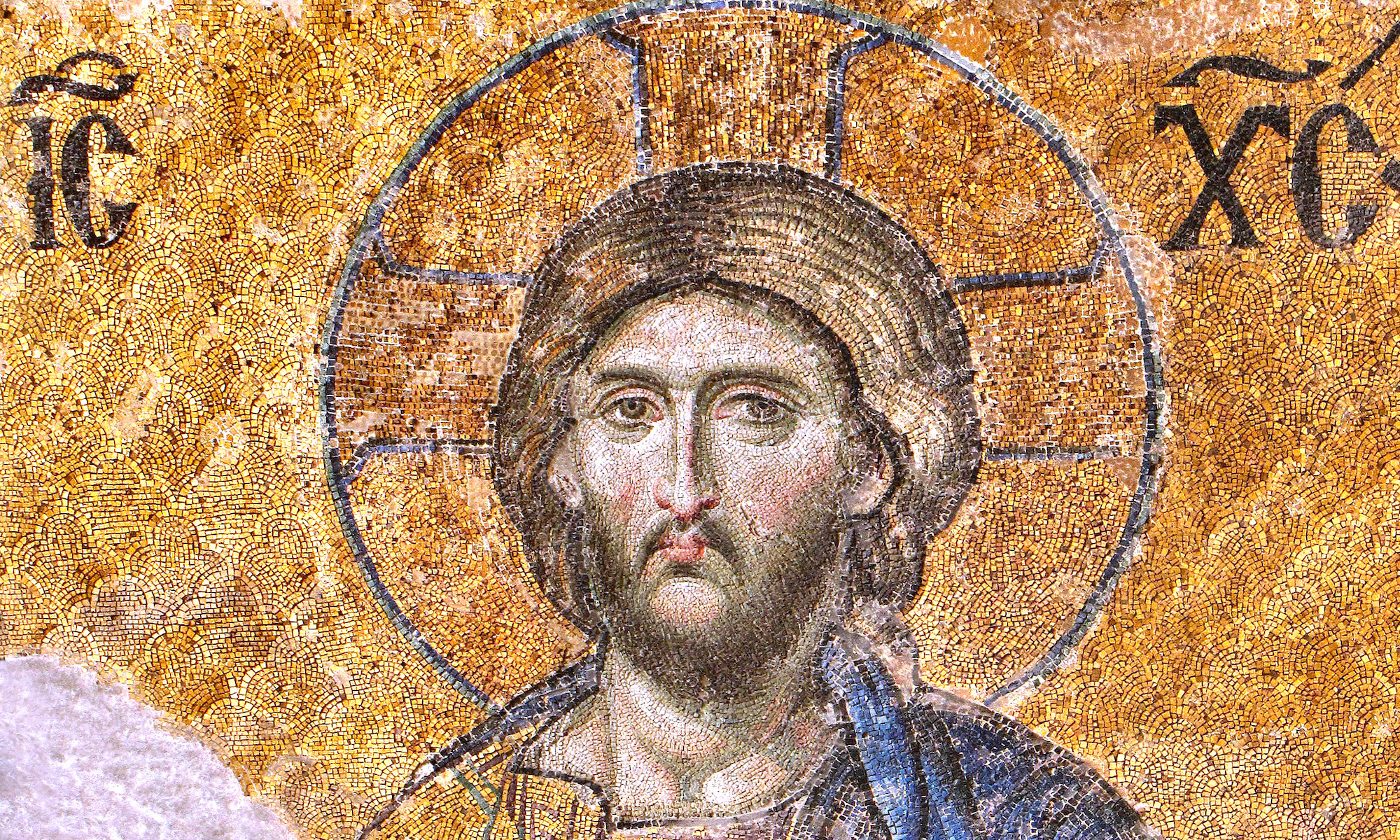I am pleased and thankful to be able to report that, as of yesterday evening, we have finally finished our study of St. Maximos the Confessor’s Four Centuries on Love – and it didn’t even take us one century! A few highlights from last night’s concluding study:
Only God is good by nature (cf. Matt. 19: 17), and only he who imitates God is good in will and purpose. For it is the intention of such a person to unite the wicked to Him who is good by nature, so that they too may become good. That is why, though reviled by them, he blesses; persecuted, he endures; vilified, he supplicates (cf 1 Cor. 4:12-13); put to death, he prays for them. He does everything so as not to lapse from the purpose of love, which is God Himself. (IV.90)
This is great advice for us to keep in mind when we are considering any response to make or advice to give: Is the intent behind our response/advice, like God’s, to overcome our enemy by helping them to become God’s friend?
There are four principal ways in which God abandons us. The first is the way of the divine dispensation, so that through our apparent abandonment others who are abandoned may be saved. Our Lord is an example of this (cf Matt. 27:46). The second is the way of trial and testing, as in the case of job and Joseph; for it made Job a pillar of courage and Joseph a pillar of self-restraint (cf. Gen. 39:8). The third is the way of fatherly correction, as in the case of St Paul, so that by being humble he might preserve the superabundance of grace (cf. 2 Cor. 12:7). The fourth is the way of rejection, as in the case of the Jews, so that by being punished they might be brought to repentance. These are all ways of salvation, full of divine blessing and wisdom. (IV.96)
This one just blew me away when I realized that if we leave out the examples, it is essentially saying, “There are four principal ways in which God abandons us. … These are all ways of salvation, full of divine blessing and wisdom.” If we then add the examples back in, we begin to understand the significance of the old Orthodox Christian saying: “Everything that happens to us is coming to us from the hand of God for our salvation.”
The friends of Christ love all truly but are not themselves loved by all: the friends of the world neither love all nor are loved by all. The friends of Christ persevere in love to the end; the friends of the world persevere only until they fall out with each other over some worldly thing. (IV.98)
I particularly loved James’ response to the first part of this saying, pointing out that the reality behind “not themselves loved by all” quite spectacularly highlights the shallow understanding that all-too-often undergirds that classic appeal, “God loves you and has a wonderful plan for your life.”

And the study concluded, quite fittingly, with all-but-absolute silence at the work’s stunningly beautiful conclusion:
Many have said much about love, but you will find love itself only if you seek it among the disciples of Christ. For only they have true Love as love’s teacher. ‘Though I have the gift of prophecy’, says St Paul, ‘and know all mysteries and all knowledge . . . and have no love, it profits me nothing’ (1 Cor. 13:2-3). He who possesses love possesses God Himself, for “God is love’ (1 John 4:8). To Him be glory throughout the ages. Amen. (IV.100)
I think the only word that was said at this point was a simple and heartfelt, “Amen.”
